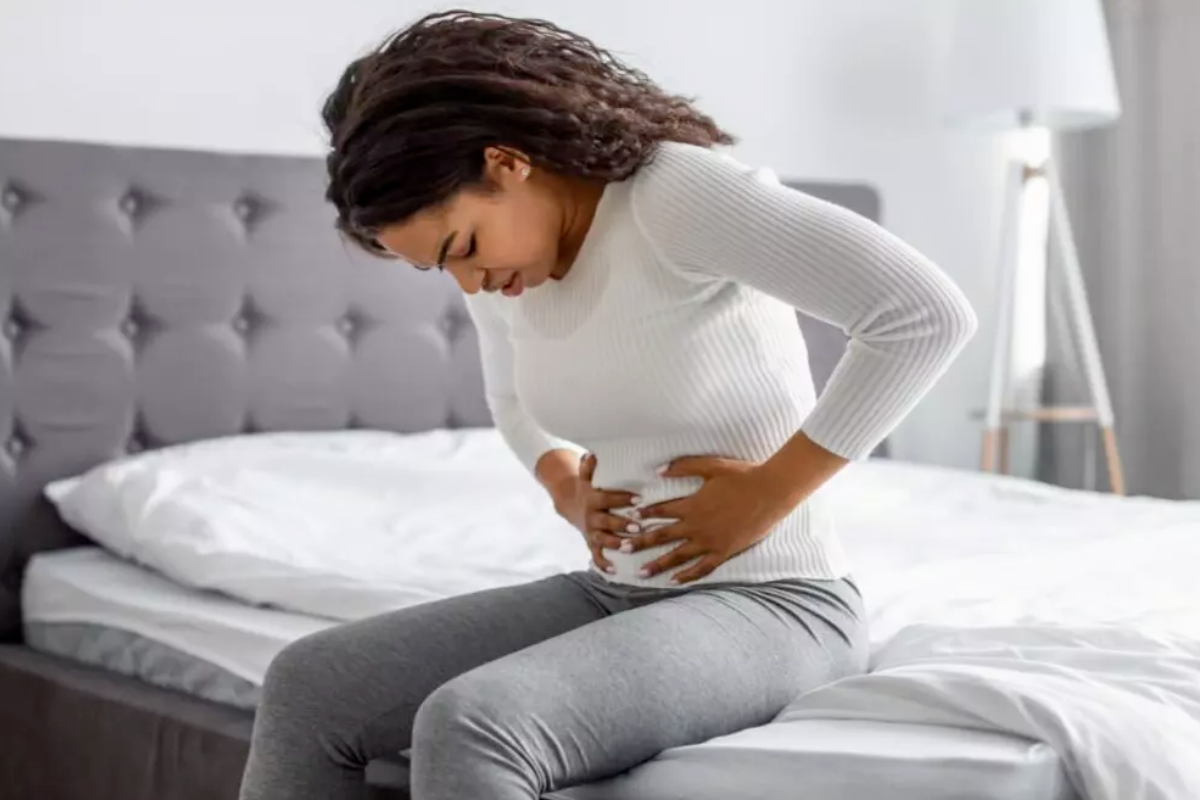Endometriosis Myths & Facts

Endometriosis is a condition in which tissue similar to the lining inside the uterus (the endometrium) is found outside the uterus. This tissue causes chronic inflammation and scar tissue formation in the locations where it lands.
Endometriosis can be found on pelvic walls, the ovaries, bladder, bowel and other structures. In very rare cases, it has been found on the diaphragm and in the lungs.
The symptoms of endometriosis include painful periods, painful ovulation, pain during or after sexual intercourse, heavy bleeding, chronic pelvic pain, fatigue, and infertility. Understandably, it can have a major impact on someone’s physical, mental, and social well-being.
Endometriosis affects an estimated 176 million women worldwide—about 1 in 10. While it’s often considered a disease of the reproductive years, its symptoms can start as early as a girl’s first period and may continue beyond menopause, especially if the woman has scar tissue or adhesions from the disease and/or surgery.
Sadly, persistent myths about endometriosis prevent people from seeking treatment or understanding their diagnosis. They also influence how healthcare providers view endometriosis, the available treatment options, and someone’s ability to manage the condition.
Myth #1 – Severe period pain is normal
Severe period pain and heavy bleeding is not normal. Anyone experiencing these symptoms should see a healthcare provider.
Unfortunately, many people (and providers) normalize the experience of people with endometriosis during menses. When your period has always meant severe enough pain and bleeding that you needed pain medication and have had to stay home from school or work, it’s understandable that many people think that this is just the way that it is.
This plus the dismissal of these symptoms by many healthcare providers leads to a long delay in diagnosis and treatment—an average of 7-11 years.
If a healthcare provider doesn’t hear your concerns, find another one. Be persistent!
Myth #2 – Young people can’t develop endometriosis
Unfortunately, many healthcare providers still believe that endometriosis in young people is rare. Consequently, they do not consider a diagnosis of endometriosis when girls and young women come to them complaining of symptoms like period pain, pelvic pain, and painful intercourse.
Most recently, the Global Study of Women’s Health found that two-thirds of people with endometriosis sought help for their symptoms before the age of 30. Many had experienced symptoms from the start of their first period.
Myth #3 – Hormonal medications, pregnancy and hysterectomy can cure endometriosis
While endometriosis can be treated effectively with drugs, there is no cure. Most treatments are unsuitable for long-term use due to their side effects.
While surgery can often removing endometriosis lesions and scar tissue, success rates are dependent on the extent of the disease and the surgeon’s skills.
Pregnancy may relieve symptoms but is not a cure for the disease. It is estimated that 30-40% of women with endometriosis may have difficulties becoming pregnant.
Hysterectomy, which removes the uterus, may relieve symptoms but is not necessarily a “definitive cure.” Also removing the ovaries (oophorectomy) increases the chances of pain relief but also results in immediate menopause.
Myth #4 – Someone’s behaviors can cause endometriosis
There is no single known cause of endometriosis, but it is likely a complex condition with a strong genetic influence.
Evidence is unclear about whether or how someone’s environment plays a role in the development of endometriosis. However, lifestyle factors and specific behaviors like having an abortion or douching are not at all linked to the condition.
Women with endometriosis may struggle with the emotional distress brought on by the unrelenting symptoms of pain and infertility. Still, such emotions are a result of the impact of the disease – they don’t cause the disease. It’s important to recognize the difference and encourage women to get medical attention and support.
For more information, visit Endometriosis.org, a global non-profit organization that works to raise awareness of endometriosis and provide education and resources. On the website, you’ll find links to organizations around the world that provide support to women with the condition.
Phendo is an app to track, manage, and understand endometriosis. It’s part of Citizen Endo, a Columbia University research project to better understand endometriosis.
Sign up for more unique women’s health content
By submitting this form, you agree to the Lisa Health Privacy Policy and Terms of Use


